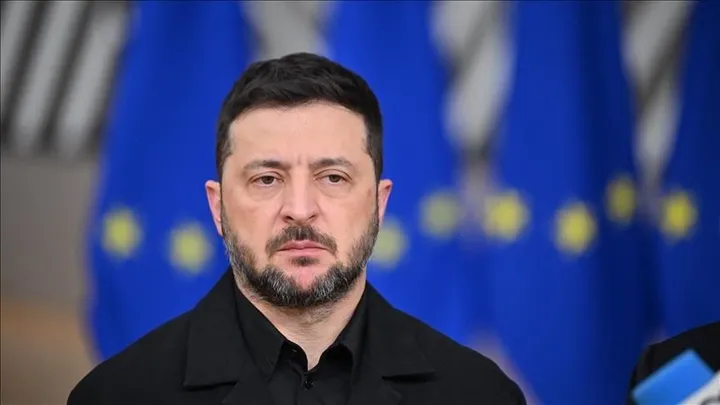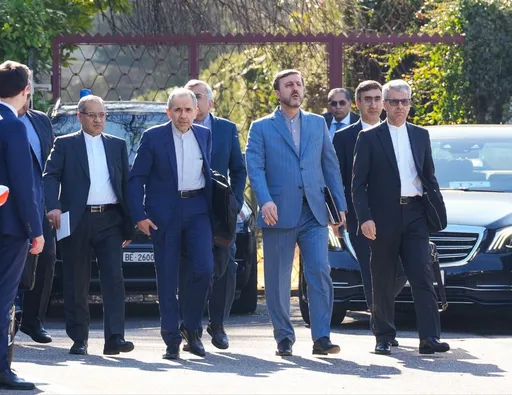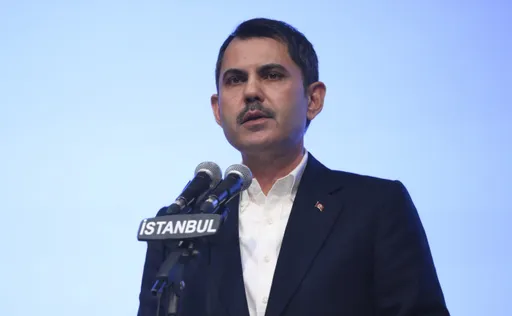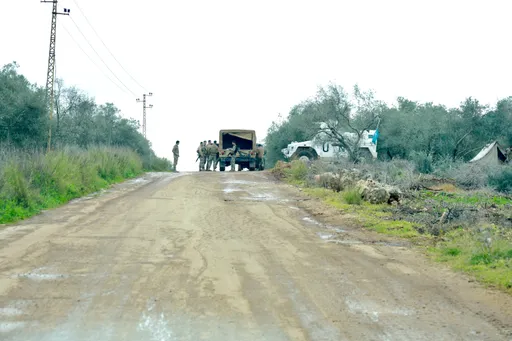A recent academic study based on interviews with Haitian girls, women and men has revealed a UN peacekeeping mission in the country created more problems than they did help the poor and needy.
At least 265 people interviewed stated that the mission's members, who came from 13 different countries, impregnated them. They now find themselves in a difficult situation, where they have to raise their children in the Western Hemisphere's poorest country without any emotional or financial support, according to the report.
UN peacekeepers had been stationed in Haiti between 2004 to 2017, a decade in which the country went through an unrest in 2004 that ousted its president and a deadly 2010 earthquake.
The researchers had gone to the region with a set of questions that did not relate to what they eventually found. They were stunned to hear young girls and women talk about their experiences with the peacekeeping forces, describing how awful their sexual conduct was while they served in the mission.
“Some sexual encounters between local women and girls and UN peacekeeping personnel were described as sexual violence,” wrote Sabine Lee, a professor in Modern History at the University of Birmingham and Susan Bartels, a clinician-scientist at Queen's University in Ontario, the co-authors of the report.
The report has recounted various victimisation accounts from the girls or their family members about the incidents, surveying 2,500 Haitians across the country.
“All day, I heard women who are complaining about the sexual violence that MINUSTAH (UN Peacekeeping Mission in Haiti) did to them. And they had given them AIDS through sexual violence. There are also some of them who are pregnant,” said a male community member living in Cite Soleil, a city in Haiti.
“They had sex with the girls not even for money, it’s just for food, for one meal,” said another community member from Port Salut, a Haitian city.
Some girls, who had sexual relations with peacekeepers, were even underage as the report noted that girls “as young as 11 were sexually abused and impregnated by peacekeepers”.
A Hatian-based advocate group, Bureau des Avocats Internationaux (BAI), sent a letter in 2019 to the UN to secure child support payments, which were granted by Haitian courts, for the children born out of relations with the peacekeepers in the country.
But the UN still refused to take any action to help the recovery of the victims.
“Evidencing the UN’s refusal to furnish results of DNA paternity tests that are vital to the mothers’ cases despite a Haitian court order compelling it to do so, the letter concluded that the UN was sending ‘an alarming message of lack of respect for the Haitian judicial system and the rule of law,’” the co-authors of the report wrote.
The troubled UN Haiti mission
The UN mission in Haiti has previously also been accused of other serious crimes, according to human rights groups and researchers.
Dozens of civilians have been killed by the mission’s members as some of them caused a cholera epidemic to spread across the country, leading deaths of more than 10,000 people and infecting more than 800,000 people.
While the UN accepted its role in the deaths and sickenings, it again refused to compensate the epidemic’s victims and their families.
Other major UN failures
The Haiti failure invokes the memories of the UN Liberia mission, where thousands of children were also born from out-of-wedlock relations between peacekeepers and local women.
Other UN missions, ranging from Mozambique to Bosnia, the Democratic Republic of Congo and the Central African Republic had also committed sexual misconduct during their deployments in respective countries.
''After the signing of the peace treaty in 1992, soldiers of the United Nations operation in Mozambique recruited girls aged 12 to 18 years into prostitution,'' a report, which is written by Mozambique education minister at the time, said.
Forty-seven soldiers from Canada’s peacekeeping mission to Bosnia had also been accused of having sexual relations with women, abusing patients at a mental hospital in early 1990s.
In 2016, UN peacekeepers in the Central African Republic also raped several women and girls, one of whom was underage, according to Human Rights Watch.























